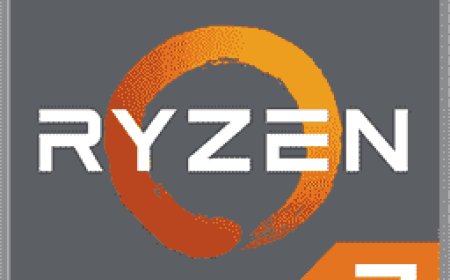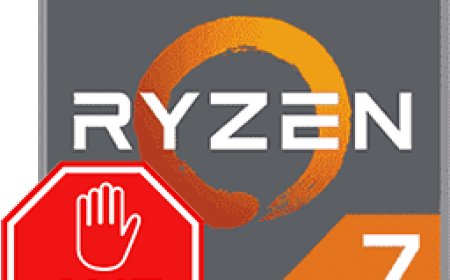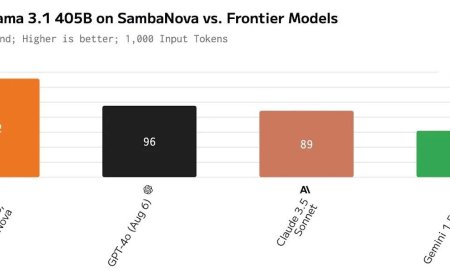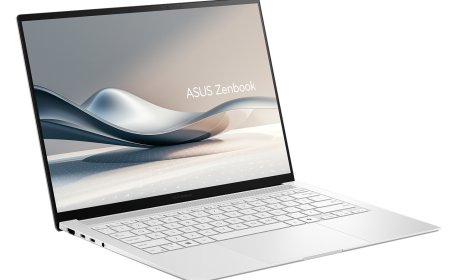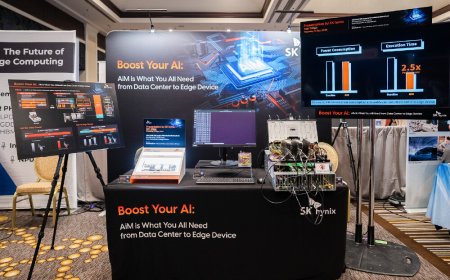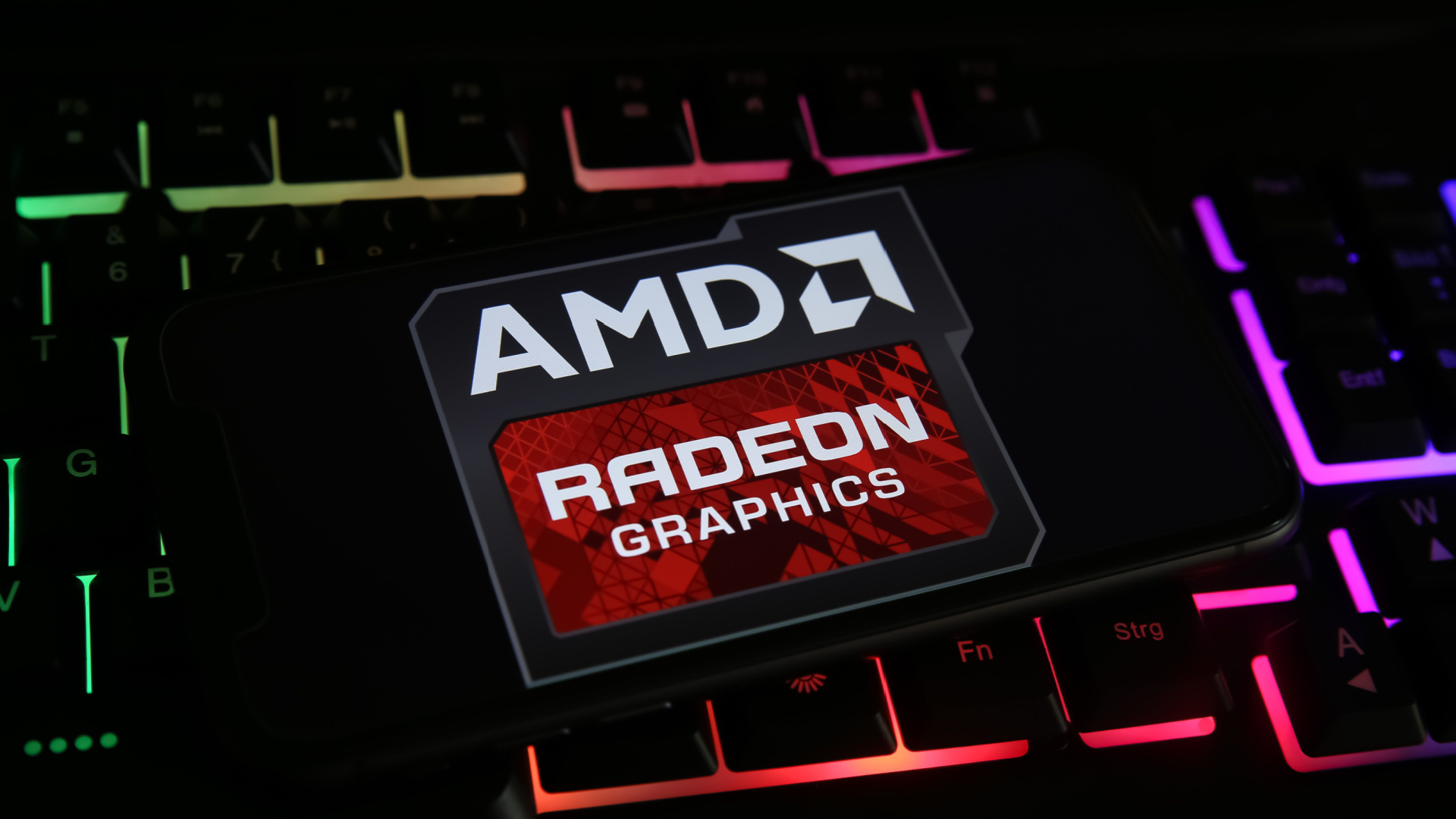KLEVV CRAS C930 2 TB PCIe 4.0 NVMe SSD Review – Subpar Performance, Not Great Value
KLEVV CRAS C930 2 TB PCIe 4.0 NVMe SSD Review – Subpar Performance, Not Great Value
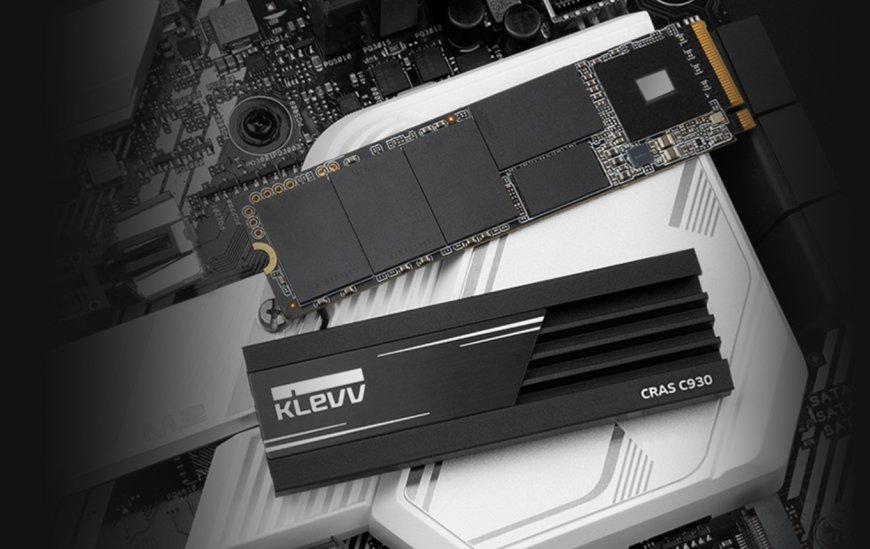
While PCIe Gen 5 NVMe SSDs are setting new storage performance benchmarks, the real-life and application benefits of getting those drives are still not worth the price you are paying for them. It's mostly an early adopters product for now and while we appreciate the speed-up, we would love to see the performance transition from synthetic benchmarks to actual use cases.
And you know what's still considered to be quite fast without breaking your wallet? The current-gen PCIe Gen 4 NVMe SSDs. Gen 4 SSDs are now available at very affordable price rates and offer great performance which is why KLEVV now offers its new C930 series SSDs which are supposed to be a tad bit better than the C910 series which we found to be amazing value given their performance & pricing in our review here.
Today, I will be testing the KLEVV CRAS C930 2 TB SSD. The drive features a Gen 4.0 protocol which means that it is future-proof and retails for $129.99 US.
The KLEVV CRAS 930 SSD is part of the KLEVV CRAS family. The KLEVV CRAS C930 SSDs are based on the NVMe SSD form factor and feature TLC-based 3D NAND flash which offers larger capacities of up to 4TB, better performance, and slightly lower power input. The CRAS C930 SSDs are based on the InnoGrit IG52356 controller which is aimed at high-end PCIe 4.0 SSDs and is supposed to be an affordable alternative to the Phison controllers.
In terms of performance, KLEVV CRAS C930 2 TB has sequential read speeds of up to 7400 MB/s and write speeds of 6800 MB/s. The Random read speeds of these drives are up to 1000K IOPS and the write is 1000K IOPS. The drive is based on 176-layer TCL NAND (V7) from SK hynix and has an endurance of 1500 TB (TBW) backed by a 5-year warranty. The drive also features an LPDDR4 cache which is a 16 Gb DRAM (32-bt) with the part number NT6AN512T32AV-J1 & is clocked at 4267 MT/s.
The KLEVV CRAS C930 SSDs come in a small package. The package is colored blue/white and features a large picture of the SSD featured on it. The front also lists down some features such as capacities, maximum read speeds, PCIe 4.0 NVMe M.2 form factor, and compatibility with the PS5 console.
The back of the package lists some specifications of the SSD and some performance figures which we will get to in a bit.
The KLEVV CRAS C930 SSD package includes a warranty booklet and that's about it. The SSD container includes the storage drive along with its aluminum heatsink.
The front of the SSD includes a specifications sticker. This is the standard NVMe 1.4 standard and the CRAS C930 measures 80 x 23.6 x 8.7mm (LxWxH) while weighing in 23 grams with the heatsink attached.
All of the NAND Flash chips along with the InnoGrit controller are situated on the front. Being a single-sided design means that the SSD will run a bit cooler since users don't have to worry about heat from any components on the other side.
The drive we received was the heatsink variant and you shouldn't worry much about heat since this is a mainstream product that won't get too hot or throttle that much. The aluminum heatsink is said to reduce temperatures by up to 20%.
Our test platform for this review consisted of an Intel Core i9-13900K processor which ran at stock clocks on the MSI Z790 ACE motherboard. The platform was coupled with 32 GB of DDR5 memory from G.Skill (Trident Z5/ 16 GB x 2) and the MSI MEG Ai1300P PSU. For graphics, I used the MSI GeForce RTX 4090 SUPRIM X. This rounds up as a high-end platform for tests with modern-day SSDs.
First up, we have the official performance stats for these drives as listed by their manufacturers. You can compare these stats with the rest of the drives I tested in the following chart:
AS SSD Benchmark download is a Windows 10 utility software program that tests the performance of solid-state drives. With its help, you can find out the speed of all installed SSDs and take care of any issues that the tests may reveal. The free app performs three separate tests to provide you with conclusive evidence of your driver's general behavior while it copies, reads, and writes data. The app determines the access time of an SSD, along with its speed and performance capabilities
As the industry’s leading provider of high-performance storage & network connectivity products, ATTO has created a widely-accepted Disk Benchmark freeware software to help measure storage system performance. As one of the top tools utilized in the industry, Disk Benchmark identifies performance in hard drives, solid-state drives, RAID arrays as well as the host connection to attached storage. Top drive manufacturers, like Hitachi, build and test every drive using the ATTO Disk Benchmark.
The ATTO Disk Benchmark performance measurement tool is compatible with Microsoft Windows. Use ATTO Disk Benchmark to test any manufacturer's RAID controllers, storage controllers, host bus adapters (HBAs), hard drives, and SSD drives, and notice that ATTO products will consistently provide the highest level of performance to your storage.
CrystalDiskMark is a disk benchmark software. It measures sequential reads/writes speed, random 512KB, 4KB, 4KB (Queue Depth=32) reads/writes speed, selects test data (Random, 0Fill, 1Fill),
To test the maximum average transfer speeds of the drives, I used a 100 GB file to test the limits.
The PCMark 10 Storage benchmark is designed to test the performance of SSDs, HDDs, and hybrid drives with traces recorded from Adobe Creative Suite, Microsoft Office, and a selection of popular games. You can test the system drive or any other recognized storage device, including local external drives. Unlike synthetic storage tests, the PCMark 10 Storage benchmark highlights real-world performance differences between storage devices.
Looking at the benchmarks, we are looking at a familiar story that we have seen with other Gen 4 SSDs in the mainstream segment. Once again, the performance is decent & the drive is about as much as you should expect from a tail-end Gen4 series.
The aluminum heatsink does a good job keeping the SSD running cool and stable under 60C and while the performance can be supbar in some cases, it more or less should do the job of delivering a fast storage experience. The main problem stems from the pricing which is above $120 US and that's not great considering there are plenty of options out there which are faster and retail for a lower pricing of sub-$100 US. If the drive does come down in pricing, it might be one of the choices in a crowded marketplace but there are plenty of great options to select. If you are looking for a high-capacity and cheap SSD, then the KLEVV CRAS C910 LITE series seems like the more obvious choice.
Subscribe to get an everyday digest of the latest technology news in your inbox
Some posts on wccftech.com may contain affiliate links. We are a participant in the Amazon Services LLC Associates Program, an affiliate advertising program designed to provide a means for sites to earn advertising fees by advertising and linking to amazon.com
© 2024 WCCF TECH INC. 700 - 401 West Georgia Street, Vancouver, BC, Canada
You need to login to use this feature.
What's Your Reaction?









